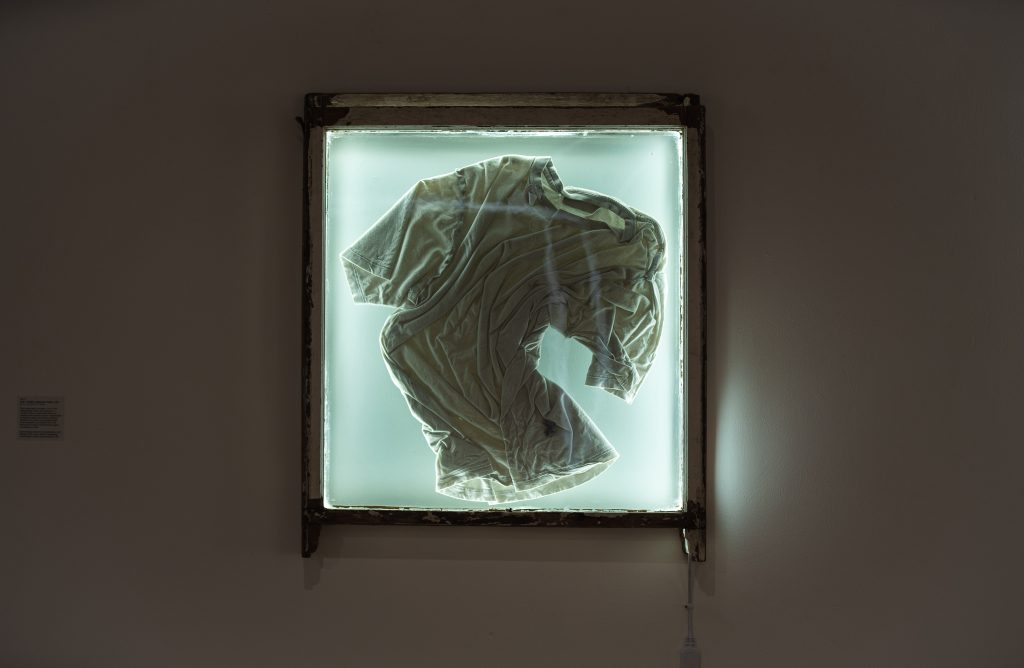With a shift in the zeitgeist leading academic institutions to question how climate, racial and social justice is embedded within design pedagogy, I am interested in understanding, as a department, where our resistance is placed in this shift. We know that sustainability is rooted in deep ethical and spiritual commitments (Hawken, 2007). So this research project will investigate whether this can be taught and assess the factors that influence the fashion programme contributing to Central Saint Martins becoming a Social Purpose University (UAL, 2023).
The questioning of my positionality within my job role and the unconscious bias that may come with it have catalysed this research project. Please see post from Unit 2 on Unconscious Bias here. Throughout the Pg Cert, I have asked myself whether my opinions and knowledge around sustainable methodologies are inclusive and expansive enough to create a culturally relevant teaching environment (Aronson B., Laughter J. 2016) or if my experience has been influenced by the western gaze of the industry, often reappropriating indigenous sustainable techniques within fashion education (Ahmed, T, 2019).
My research will analyse and evaluate how staff and students believe that we currently embed these themes within our curriculum and what the limitations are. Although some fashion design degree programmes currently embed debates around broader ethical issues concerned with sustainability, climate change, and consumption (Fletcher & Grose, 2012), I aim to understand whether the fashion programme at Central Saint Martins would be considered in this group. I will be interviewing staff members and asking students to complete feedback on a workshop series I host with them currently.
Through this research project, my personal motivations are to aid my personal and professional development in my role as an educator and creative practitioner. I would like to use this project to gauge a greater understanding of how I can utilise my role to embed social, racial, and climate justice into my teaching methods and the course curriculum.
Ahmed, T. (2019) Anti-Fashion: using the sari to decolonise fashion. Modes of Criticism, Vol 4. Available at: https://www.academia.edu/41404957/Anti_Fashion_using_the_sari_to_decolonise_ fashion (Accessed: 19 Dec 2023)
Aronson B., Laughter J. (2016). The theory and practice of culturally relevant education. Review of Educational Research, 86, 163–206. Crossref ISI. Braun, V., & Clarke, V. (2006). Using thematic analysis in psychology. Qualitative Research in Psychology, 3, 77–101.
Traditional teaching and learning in universities largely ignores ecological principles, and prepare learners to be successful in unsustainable cultural systems, thus perpetuating these systems.
(Burns, H. 2011)
References
Aronson B., Laughter J. (2016). The theory and practice of culturally relevant education. Review of Educational Research, 86, 163–206. Crossref ISI. Braun, V., & Clarke, V. (2006). Using thematic analysis in psychology. Qualitative Research in Psychology, 3, 77–101.
Burns, H. (2011). Teaching for Transformation: (Re) Designing Sustainability Courses Based on Ecological Principles. Journal of Sustainability Education, 2. Available at: https://agsci.oregonstate.edu/sites/agscid7/files/teaching_for_transformation-_redesigning_sustainability_courses.pdf (Accessed 10 Jan 2024).
Fletcher,K. and Grose,L. (2012) Fashion and Sustainability: Design for Change UK: Laurence King
Freire, P. (1970). Pedagogy of the Opressed. London: Continuum.
Hawken, P. (2007). Blessed Unrest. New York: Penguin Group.
UAL (2023). Our Strategy 2022-2032. Available at: https://www.arts.ac.uk/about-ual/strategy-and-governance/strategy (Accessed: 20 Jan 2024).
